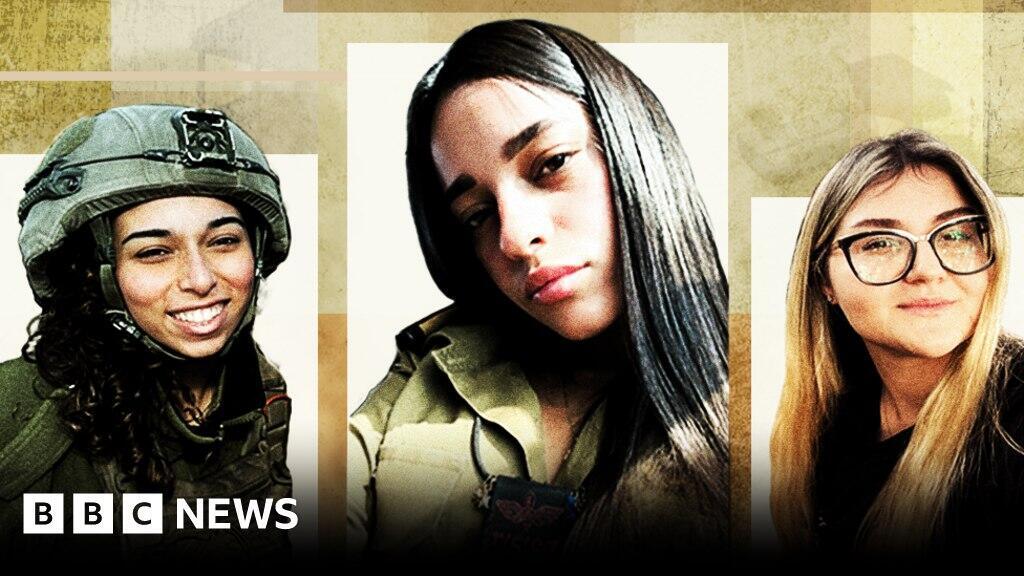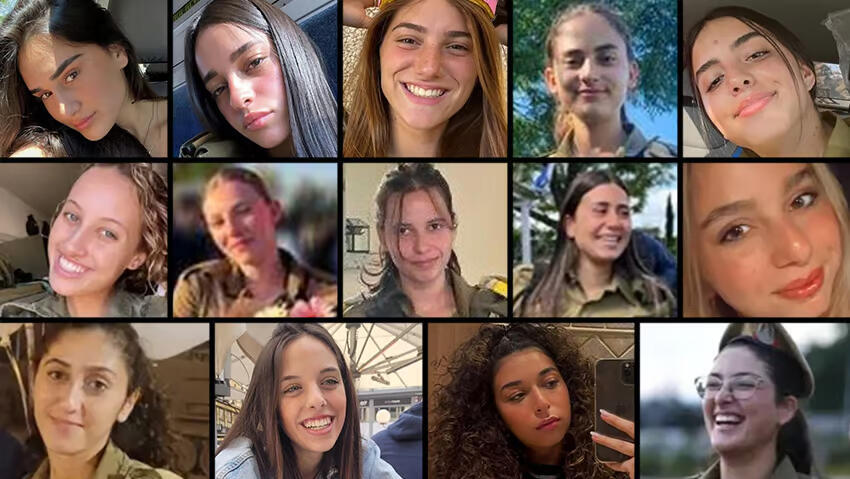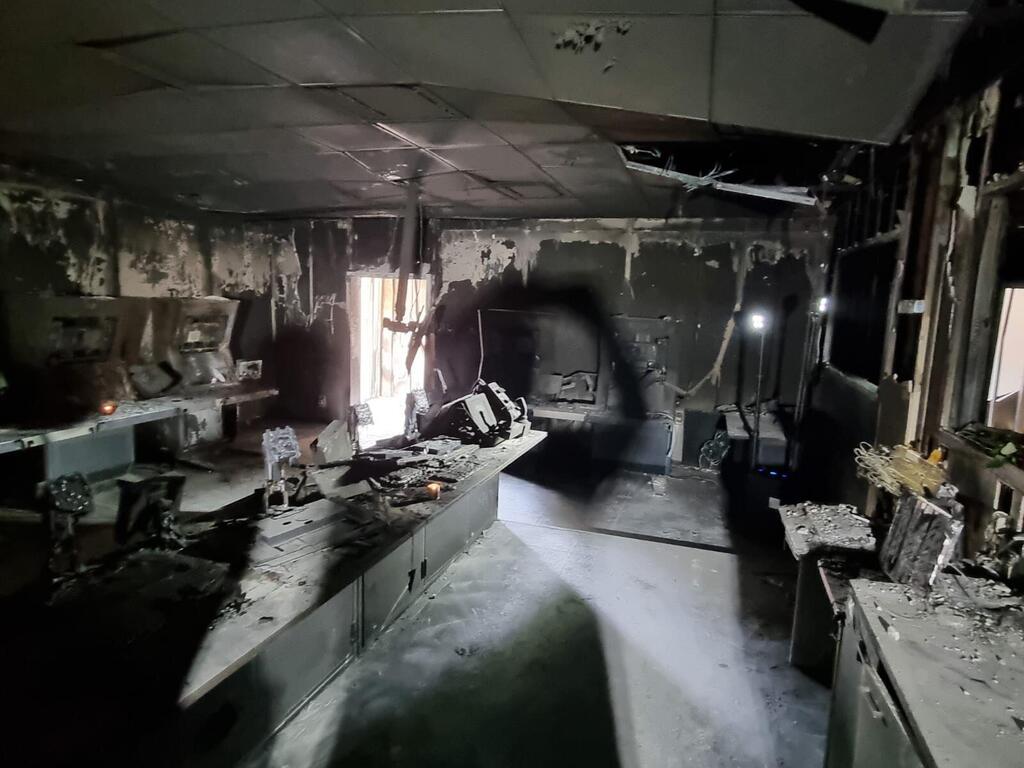Much has already been written about the numerous failures preceding the October 7 massacre, including the repeated warnings from lookouts who noticed unusual activity along the Gaza Strip border in the months leading up to Hamas's surprise attack. Now, over 100 days later, BBC published an extensive investigation into these warnings, which senior officers did not take seriously.
Read more:
In the investigation, which featured prominently on the British network, former and current lookouts testify about the alarming signs they observed and express frustration that the information they provided was not given due consideration. Some shared with BBC their WhatsApp group conversations, revealing a dark humor where they "bet" on who would be on duty when the attack from Gaza would finally happen.
BBC's detailed report opens with an explanation for the British reader about the demanding role of the lookouts: the network describes how they are required to sit for hours in front of screens, watching broadcasts from cameras on the smart fence and observation balloons hovering over Gaza, and to report any suspicious activity.
The lookouts are described in the headline as "Israel's eyes on the border" – whose warnings were ignored. BBC emphasized that the lookouts are unarmed and were among the first to be attacked by Hamas on October 7, as their command center in Nahal Oz is less than a mile from the border. Some were murdered, while others were kidnapped.
"In their free time, the young women would learn dance routines, cook dinners together, and watch TV programmes. For many, their time in the military was their first time living away from their families, and they describe forming sisterly bonds," the report read. "But they say they took their responsibilities seriously."
The report quotes a lookout named Noa as saying, "Our job is to protect all residents. We have a very hard job - you sit on shift and you are not allowed to squint or move your eyes even a little. You must always be focused."
BBC also noted that in an article published by the IDF at the end of September, shortly before the surprise attack, the lookouts – alongside elite intelligence units – were described as those who "know everything about the enemy."
However, it seems their warnings were not given adequate attention. Noa, who was at home during the massacre, said that she and her unit members were aware that there was a "balloon about to burst," but she emphasizes that all they could do was pass their reports up the chain of command: "We were just the eyes," she said.
She said that in the months preceding October 7, the lookouts would see Hamas terrorists practicing for a potential raid. "They even had a model tank that they were practicing how to take over,” Noa said. "They also had a model of weapons on the fence and they would also show how they would blow it up, and co-ordinate how to take over the forces and kill and kidnap."
Eden Hadar, another observer from the base, remembers that at the start of her service, Hamas fighters were doing mainly fitness training in the section she looked over. But in the months before she left the military in August, she noticed a shift to "actual military training".
Another former soldier interviewed for the investigation is Roni Lifshitz, who was still in service at the beginning of the war but was not on duty during the surprise attack. She says the most worrying thing she saw in the weeks leading up to the massacre were the routine patrols by the terrorists in vehicles, during which they stopped at observation posts on the other side of the fence. According to her, these were elite Hamas terrorists – the ones who led the terror attack – and she remembers seeing them "talking, pointing at the cameras and the fence, taking pictures".
Some lookouts also testify about an increase in the number of incidents involving attempted infiltrations at the Gaza Strip border. In their WhatsApp group, according to BBC, they used code words for vehicles they spotted on the border, and for arrests of suspects trying to cross the fence. In their messages, they even praised each other for such arrests with emojis and various GIFs.
BBC also spoke with family members of some of the lookouts who were killed, including Shahaf Nissan's mother, Ilana. Ilana showed the British network a message she received from her daughter in July, describing a thwarted infiltration incident.
"Good morning Mommy. I finished a shift now and we had an [attempted border incursion] but this event was really nerve-wracking… like it was an event that no one had ever encountered."
Ilana also describes how her daughter often complained that no one listened to her and the other lookouts' warnings. "Why are we here if no one's listening?" she reportedly said to her mother. The mother added, with a heavy sigh, "In the last months she said again and again there will be a war, you will see. And we laughed at her for exaggerating."





